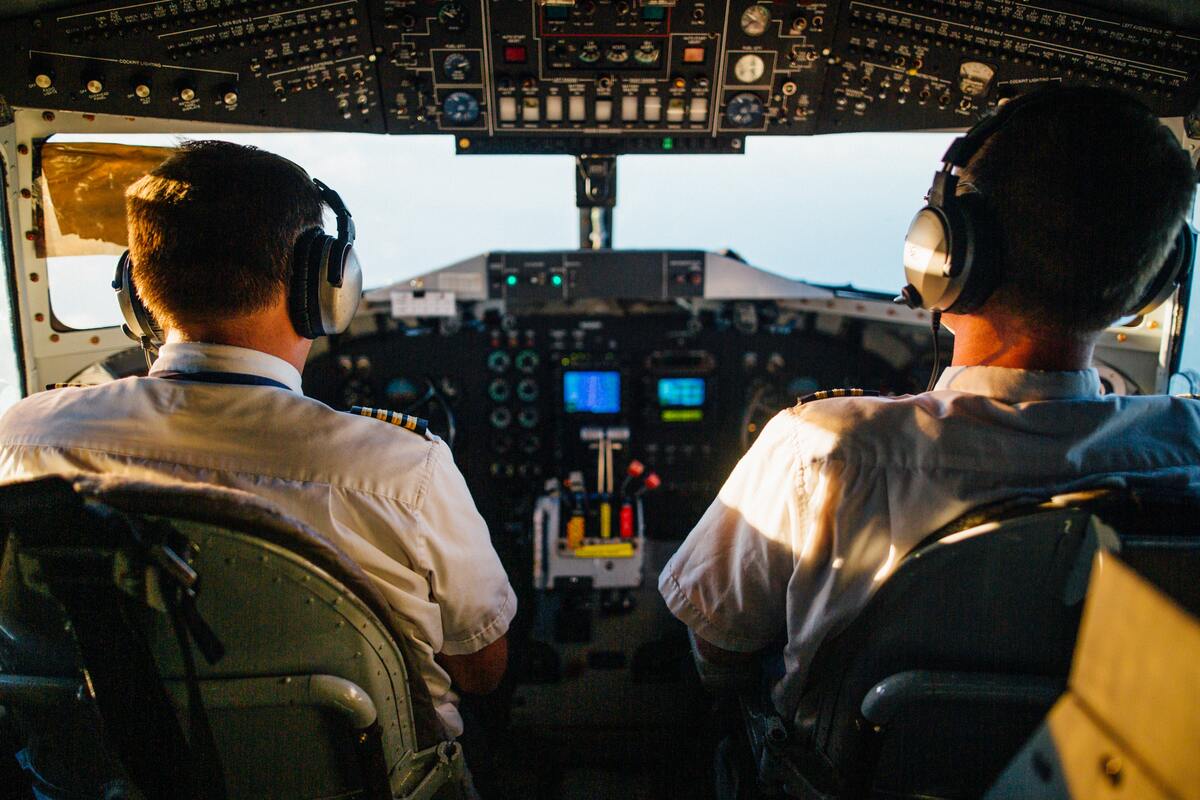Skift Take
The Directorate General of Civil Aviation's decision to ease work pressure on aviation crew is a welcome step, considering the recent reports of fatigue-related safety risks.
The Skift India Newsletter is your go-to platform for all news related to travel, tourism, airlines, and hospitality in India.
Indian aviation watchdog Directorate General of Civil Aviation (DGCA) has changed flight crew regulations concerning flight duty time limitations, aligning them with international best practices. These regulations will be crucial to manage fatigue-related aviation safety risks.
Pilot deaths: Recently, the question of a pilot shortage causing pressure on the existing ones has come to the fore. Several pilot deaths have been attributed to fatigue and stress. In early 2023, a 37-year-old Air India pilot died in the airline’s Gurugram office after suffering a cardiac arrest.
In August of last year, an Indigo pilot collapsed and died before his flight last week. News agency Reuters had reported that this pushed India’s air safety watchdog to review pilot fatigue data to see if any policy changes are required. Post the incidents, there were complaints from some Indian pilots that they are being stretched to the brink by airlines, even though they comply with regulations.
Revised Flight Duty Regulations Based on Comprehensive Analysis: The revised flight duty regulations have been developed after analyzing data and feedback from various stakeholders, including airline operators, pilot associations, and individuals.
Revised regulations now mandate an increase in weekly rest periods for flight crew from 36 to 48 hours. This adjustment aims to provide ample time for recovery from cumulative fatigue.
Night Duty Definition Amendment: The definition of night has also been mod
